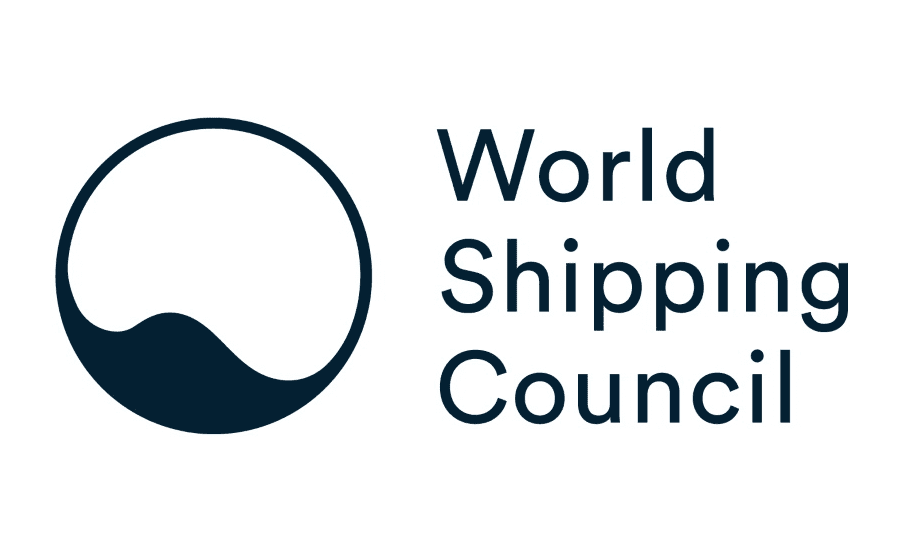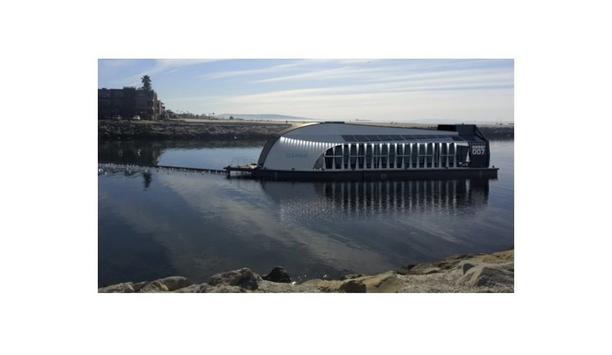The World Shipping Council (WSC) notes that the Senate has now introduced its own bill, the Ocean Shipping Reform Act, to amend the Shipping Act.
John Butler, the President and Chief Executive Officer (CEO) of the World Shipping Council (WSC), said “Ocean carriers continue to work with all members of the supply chain, the Federal Maritime Commission, the administration, and their customers, to identify and implement operational solutions to mitigate the ongoing supply chain congestion.”
Ocean Shipping Reform Act
Ocean carriers have deployed every available ship and container to move the continuing record levels of cargo"
He adds, “Ocean carriers have deployed every available ship and container to move the continuing record levels of cargo, resulting from COVID-19 pandemic-driven U.S. demand for imports, but when ships cannot get into port to discharge and load cargo, because of landside logistics breakdowns, it is clear that further regulating ocean carriers will not solve the deeper challenges in U.S. supply chains.”
John Butler continues, “The deeply flawed bill passed by the House, at the end of last year, would place government officials in the role of second-guessing commercially negotiated service contracts and dictating how carriers operate ship networks, an approach that would make the existing congestion worse and stifle innovation.”
Working with the Senate on crafting the final bill
He concludes, “We look forward to the opportunity to work with the Senate, to craft a final bill that – in contrast to the House bill – takes a comprehensive, forward-looking view of the real root causes of supply chain congestion, and that does not make that congestion worse.”
The World Shipping Council (WSC) will continue to work with the US Congress, in order to seek real solutions that further strengthen the ocean transportation system that has supported the U.S. economy, throughout the COVID-19 pandemic.













